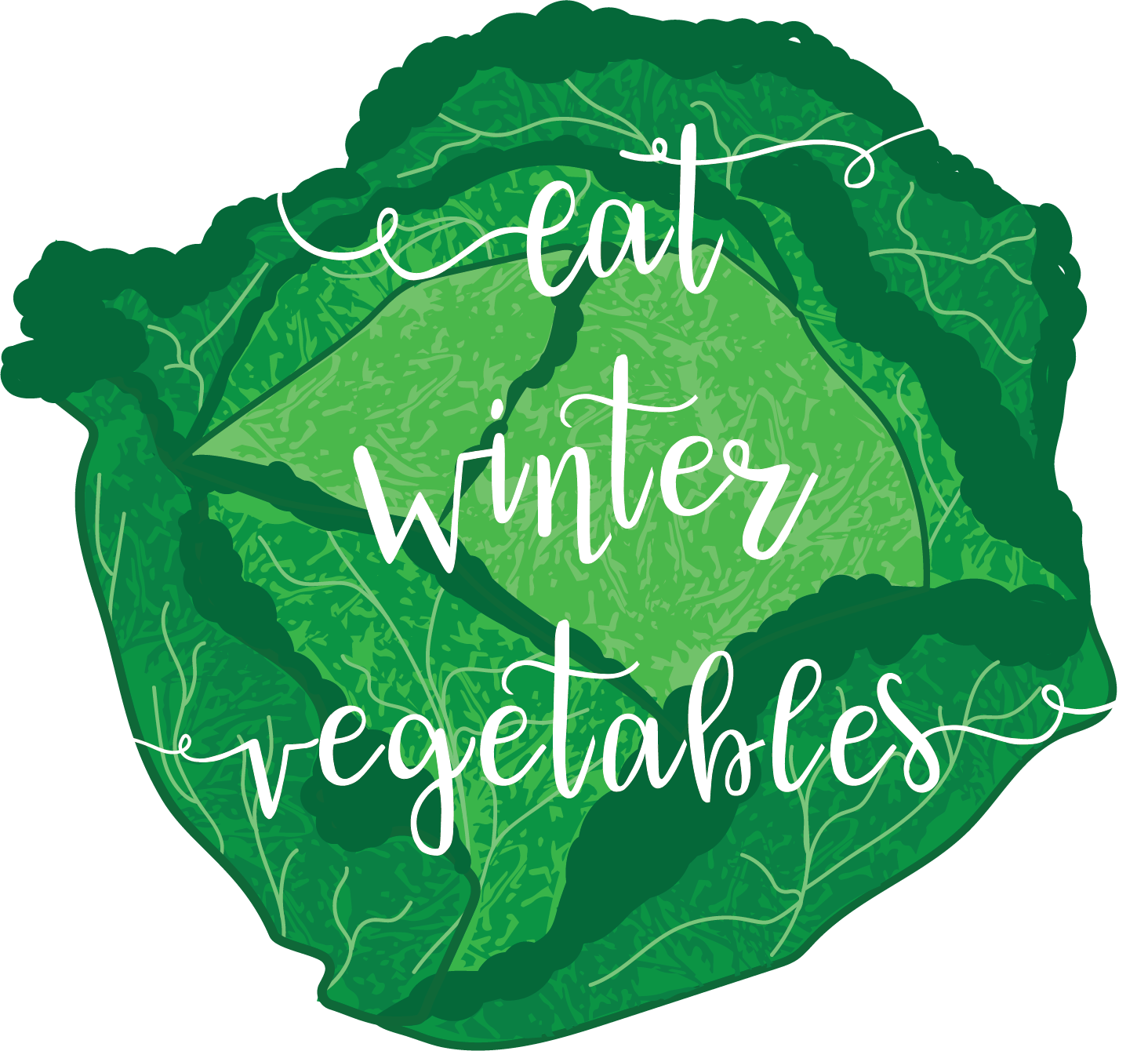ABOUT THE PROJECT
The goal of the Eat Winter Vegetables project is to increase production and consumption of nine winter vegetables in Oregon: Brussels sprouts, cabbage, cauliflower, celeriac, collard greens, garlic, purple sprouting broccoli, radicchio and winter squash. It follows the Eat Winter Squash project, which looked for superior storing and tasting squash varieties (i.e. putting the WINTER back in winter squash).
Oregon’s mild winter climate is well suited to storage crops and over-wintered field vegetables. However, there are currently few locally-grown winter vegetables available January through April. Sometimes (ex. squash) the challenges exist on the production side - an aggressive fungal pathogen makes storage after January difficult for Oregon squash growers. While other times (ex. radicchio), eaters lack familiarity and understanding of how to use these vegetables in their kitchens.
Vibrant winter vegetables markets provide nutritious, healthy food for local communities, and provide farmers with an extended season for production and sales. The project focuses on identifying and promoting winter vegetable varieties that have proven to be productive, hardy, long-storing, and high quality in Oregon based off our trials and other research.
Our fun and educational events connect farmers, seed growers, chefs, produce buyers, and eaters. Join us for field days, our Winter Vegetable Sagra and Variety Showcase. Our 2020 and early 2021 programming went virtual - check it out on YouTube here.
This project is led by the Oregon State University Vegetable Cropping Systems Program, the Oregon State University Small Farms Program and the Culinary Breeding Network. The project is funded by the Oregon Department of Agriculture Specialty Crop Block Grant Program.
“Winter vegetables are the fastest growing greens segment. The market for these crops (especially radicchio, chicory, spinach and purple sprouting broccoli) is expanding faster than any of us can keep up with.”


